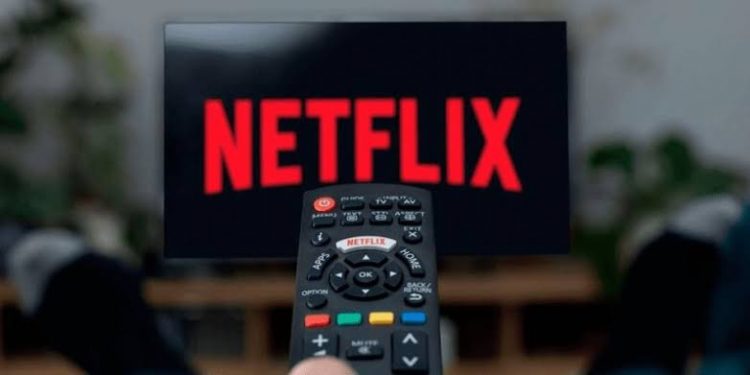Streaming service Netflix has increased its subscription prices in Nigeria for the third time in just over a year, as part of what it calls a global pricing strategy. The new rates, which reflect hikes across all four of its plans, are already in effect and come at a time when Nigerian consumers are battling surging inflation and rising costs of essential services.
Under the new pricing, Netflix’s Premium Plan now costs ₦8,500 per month, up 21.43% from ₦7,000. The Standard Plan has risen by 18.18%, from ₦5,500 to ₦6,500. The Basic Plan climbs to ₦4,000 from ₦3,500, while the Mobile Plan now costs ₦2,500, up from ₦2,200.
This marks Netflix’s third price adjustment since April 2024. Last year, the company increased prices twice within three months, in a move it said was intended to support content expansion and improve service quality. While the streaming giant has not explicitly blamed inflation for the new hike, it has cited local market dynamics, including taxes and economic conditions, as influencing factors.
The price surge comes at a difficult time for many Nigerians. High inflation has already driven up the cost of food, transport, and housing. With internet data prices recently spiking by 50%, even home entertainment—once a refuge for low-cost leisure—is becoming less affordable for the average household.
Other major entertainment providers have also raised prices. Multichoice Nigeria, which runs DStv and GOtv, has introduced multiple fee hikes in the past year, prompting backlash from consumers.
Nigeria isn’t alone in facing Netflix price increases. In South Africa, the company adjusted prices last month for three of its four subscription tiers. The Mobile Plan there saw the biggest jump, increasing 20% from R49 to R59. The Standard Plan moved from R159 to R179, and the Premium Plan climbed from R199 to R229. The Basic Plan remained unchanged at R99.
Globally, Netflix continues to roll out price adjustments across key markets including the United States, the United Kingdom, and France. According to a recent statement to shareholders, the company maintains that such changes are necessary to fund its growing content library and improve user experience.
Still, in Nigeria, where incomes are strained and digital services are becoming more expensive, the rising cost of streaming may push many households to downgrade plans, share accounts, or opt out of paid subscriptions entirely.










